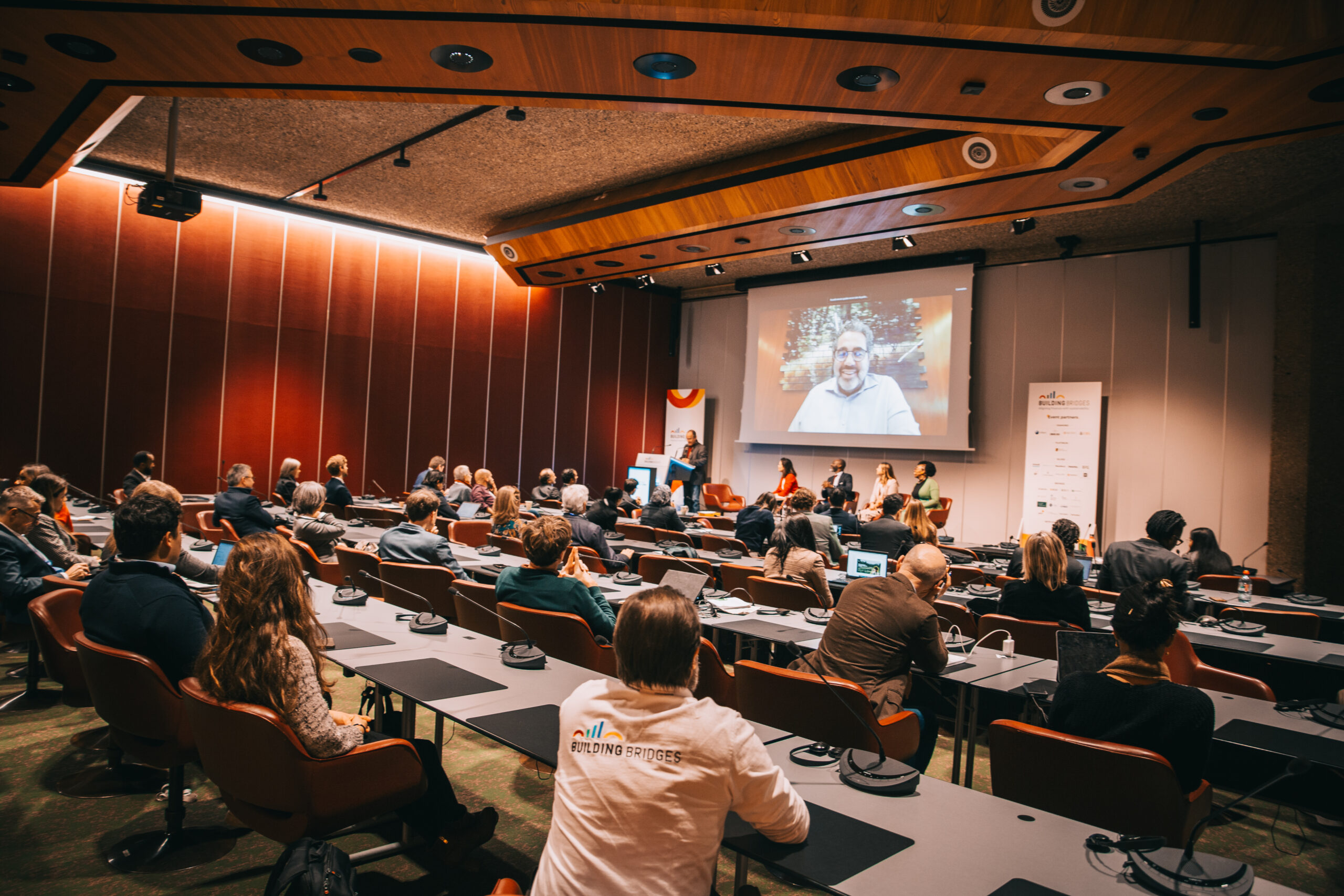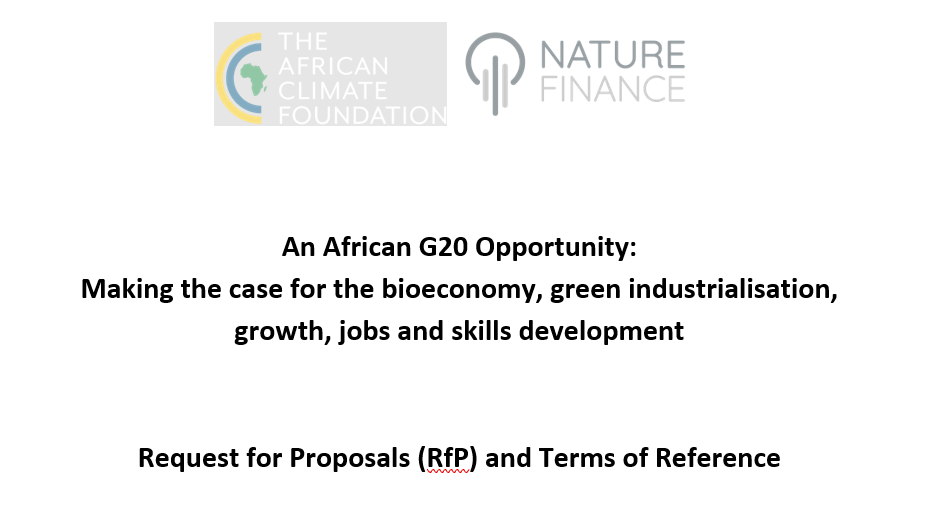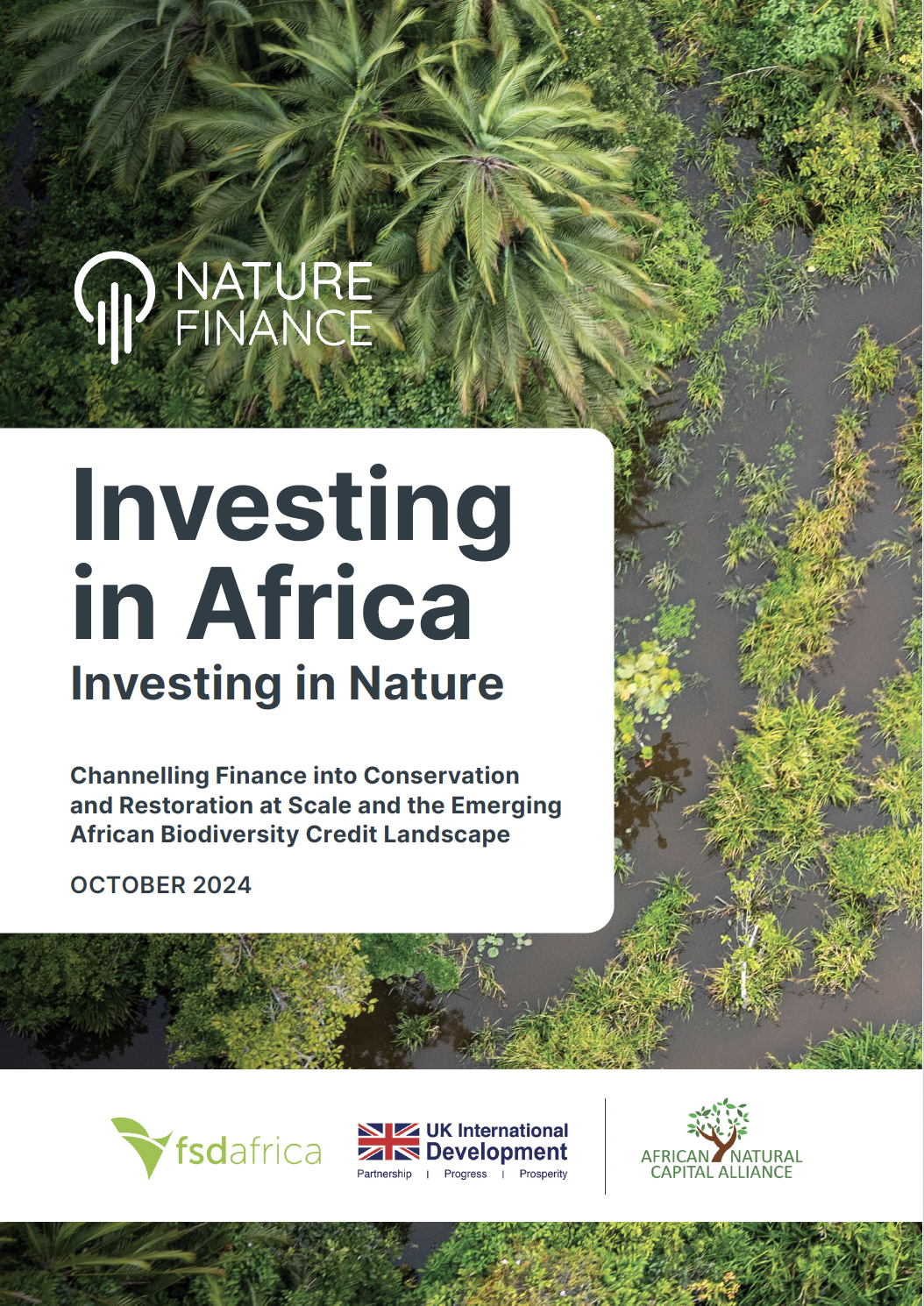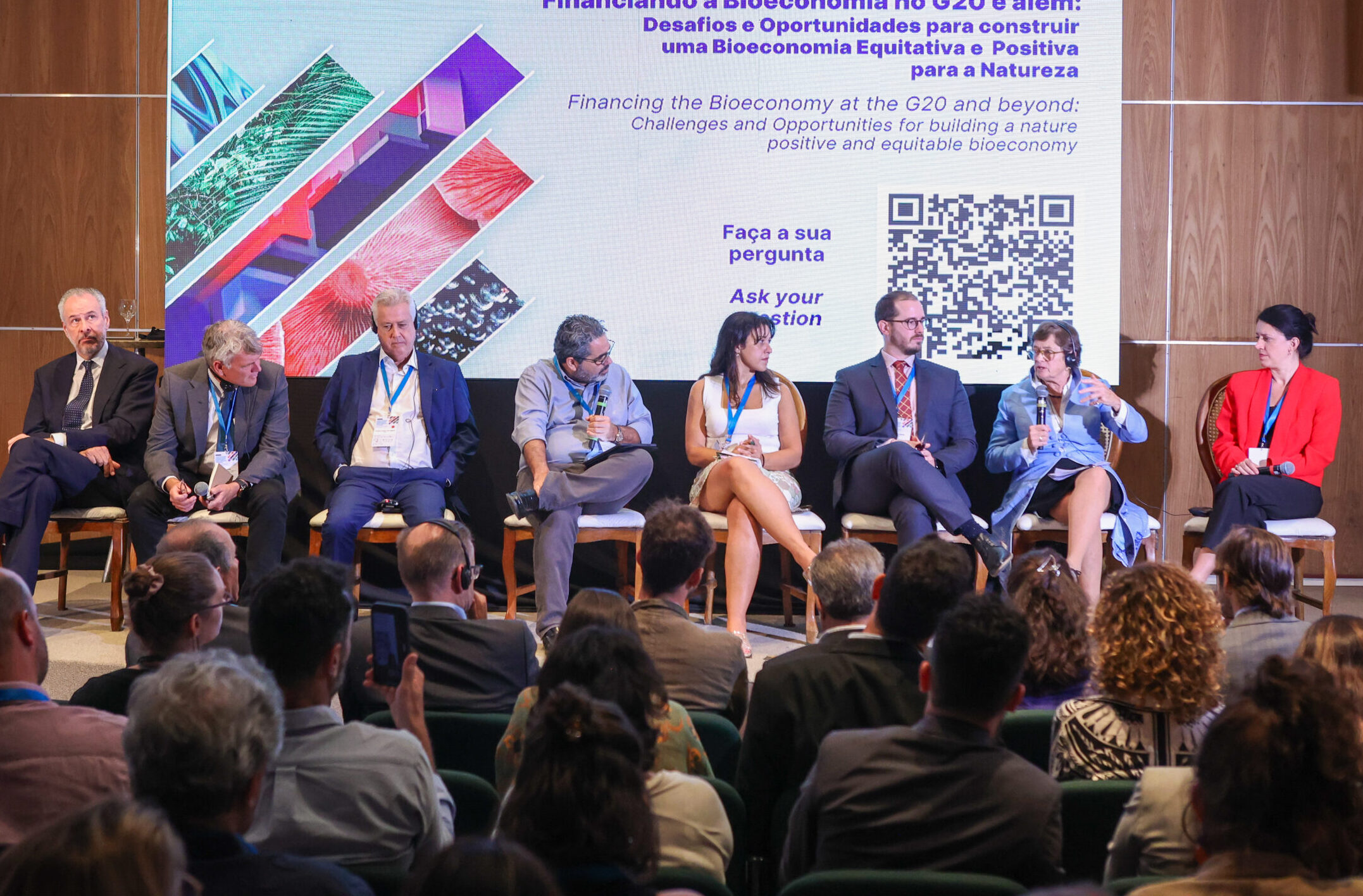*First run in Portuguese 8th September O Globo (here)
by Maria Netto, Executive Director of the Climate and Society Institute (iCS); Marcello Brito, Executive Secretary of the Legal Amazon Consortium; Marcelo Furtado, Director of NatureFinance and Head of Sustainability at Itaúsa
The economy is 100% dependent on nature, from the water we drink and the air we breathe to the cell phones we can’t live without. Brazil is an environmental powerhouse, rich in biodiversity and water resources, with a renewable energy matrix and an optimistic population. These competitive advantages are a strategic asset to ensure the future and contribute to solving the global climate crisis.
In the past, extreme climate events were reported by Graciliano Ramos in Vidas Secas—highlighting the impact of droughts in the Northeast as a driver of migration and poverty—and by Erico Verissimo in O Tempo e o Vento, mentioning climatic adversities in the South. Decades later, we see an increase in the frequency and intensity of these events. With the rise in greenhouse gas emissions and the El Niño phenomenon, we are setting records for high temperatures—2024 is expected to be even hotter than 2023.
This scenario brings challenges, such as flooding in Rio Grande do Sul and wildfires affecting the Amazon, Cerrado, Pantanal, and Atlantic Forest, with enormous human and economic impacts, destruction of infrastructure, and loss of lives. A hotter Brazil is the new normal. To reverse this, we need nature and the economy aligned with its value in job and income generation.
A changing world requires new perspectives on the value of nature. The bioeconomy is a crucial piece in the quest for an economy that benefits nature, the climate, and people. This is where we must urgently invest, combining financing with consumer awareness, effective public policies, and regulation. Here, we are addressing broad aspects of the bioeconomy—from socio-bioeconomics to those using nature as infrastructure and biotechnology.
Brazil created an opportunity during its G20 presidency—a group responsible for 85% of global trade and 80% of emissions. The G20 Bioeconomy Initiative (GIB) is expected to generate ten principles that will organize “what” and “how” the bioeconomy can be integrated into the global economy and will make recommendations on how to promote and finance the sector.
In its latest in-person meeting this week, GIB will receive the report Financing a Sustainable Global Bioeconomy—a pioneering analysis of the current moment and opportunities in the interaction between finance and bioeconomy. Produced by NatureFinance and the Global Bioeconomy Forum, it is a contribution from 21 organizations from the private sector, academia, and NGOs that have supported GIB’s efforts, including encouraging progress on the topic in the next G20 presidency (South Africa) and connecting with key UN conferences—the Biodiversity Conference in Colombia and the Climate Conference (COP30) in Belém (PA). The report will be released on the 12th September at an event in Rio that will discuss the range of bioeconomy financing instruments, challenges, trends, and innovations.
Valued at $4 trillion annually, the sector could leap to $30 trillion, but this will require government commitments, public-private partnerships, international cooperation, governance, and financing. There are significant challenges, such as the lack of financial mechanisms adapted to the sector’s specific characteristics, investors’ perception of high risk, and a lack of regulatory clarity and metrics. Brazil has examples of overcoming these barriers by combining financial innovation, public-private partnerships, and public policies that reduce uncertainties and encourage sustainable and inclusive investments.
It is also essential to respect the cultural diversity and traditional knowledge of indigenous peoples and local communities—with an integrated vision, which may depend on the success of the bioeconomy as a path that meets equity goals, especially in a world troubled by climate change. Financing the bioeconomy is investing in our survival, for the long term and equitably.








